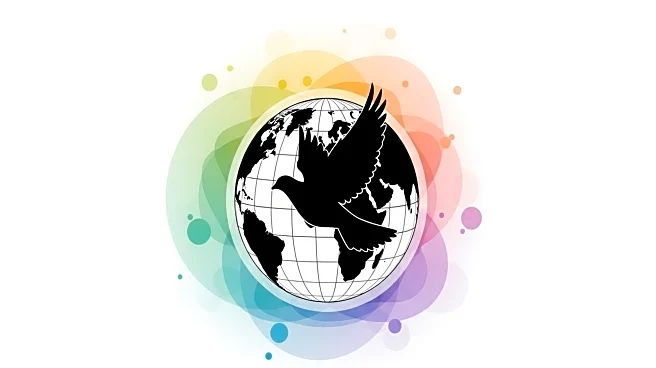What's Happening?
World leaders and regional organizations are intensifying efforts at the United Nations to end the ongoing war in Sudan, which has resulted in a severe humanitarian crisis. The conflict, which began in April 2023 due to tensions between military and paramilitary commanders, has led to the deaths of at least 40,000 people and displaced nearly 13 million. The United States, Saudi Arabia, Egypt, and the United Arab Emirates have proposed a roadmap for peace, including a three-month humanitarian truce followed by a permanent ceasefire. The plan aims to establish an independent, civilian-led government within nine months. The African Union, European Union, and other international bodies are also involved in discussions to de-escalate the conflict.
Why It's Important?
The war in Sudan has created one of the most severe humanitarian crises globally, with millions facing acute food insecurity. The international community's involvement is crucial to halting the violence and addressing the humanitarian needs. A successful ceasefire and transition to civilian governance could stabilize the region, potentially reducing refugee flows and improving regional security. The efforts by key nations and organizations reflect a significant diplomatic push to resolve the conflict, which could set a precedent for international cooperation in similar crises.
What's Next?
The proposed roadmap by the United States and its allies calls for immediate humanitarian aid delivery and a transition process to establish a civilian government. The success of these efforts depends on convincing Sudan's warring parties to cease hostilities. Continued international pressure and diplomatic engagement are expected, with further meetings and negotiations likely. The African Union and European Union's coordination efforts will be crucial in maintaining momentum towards peace.
Beyond the Headlines
The conflict in Sudan highlights the complex interplay of regional politics and the challenges of achieving peace in war-torn areas. The involvement of foreign countries and non-state actors in the conflict underscores the need for comprehensive international strategies to address such issues. The humanitarian crisis also raises ethical questions about the global community's responsibility to protect civilians and support refugees.










